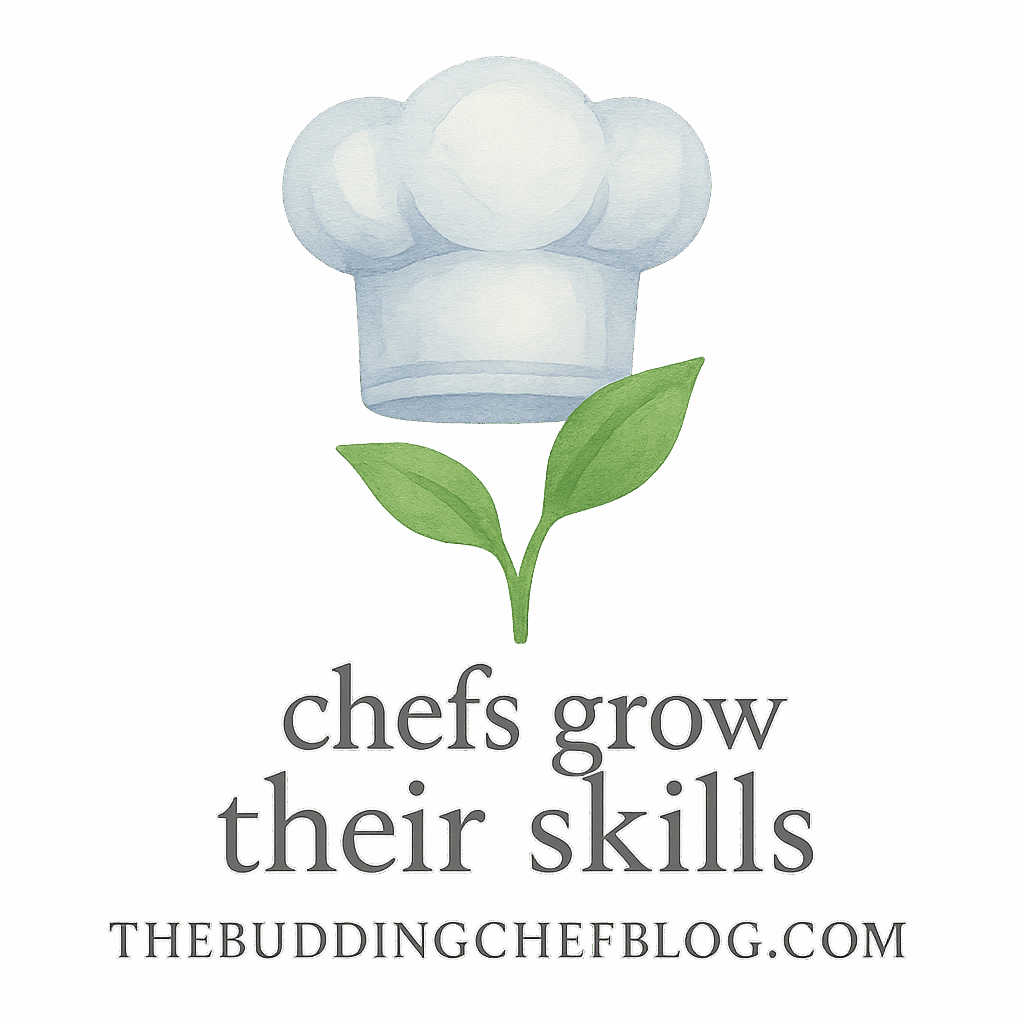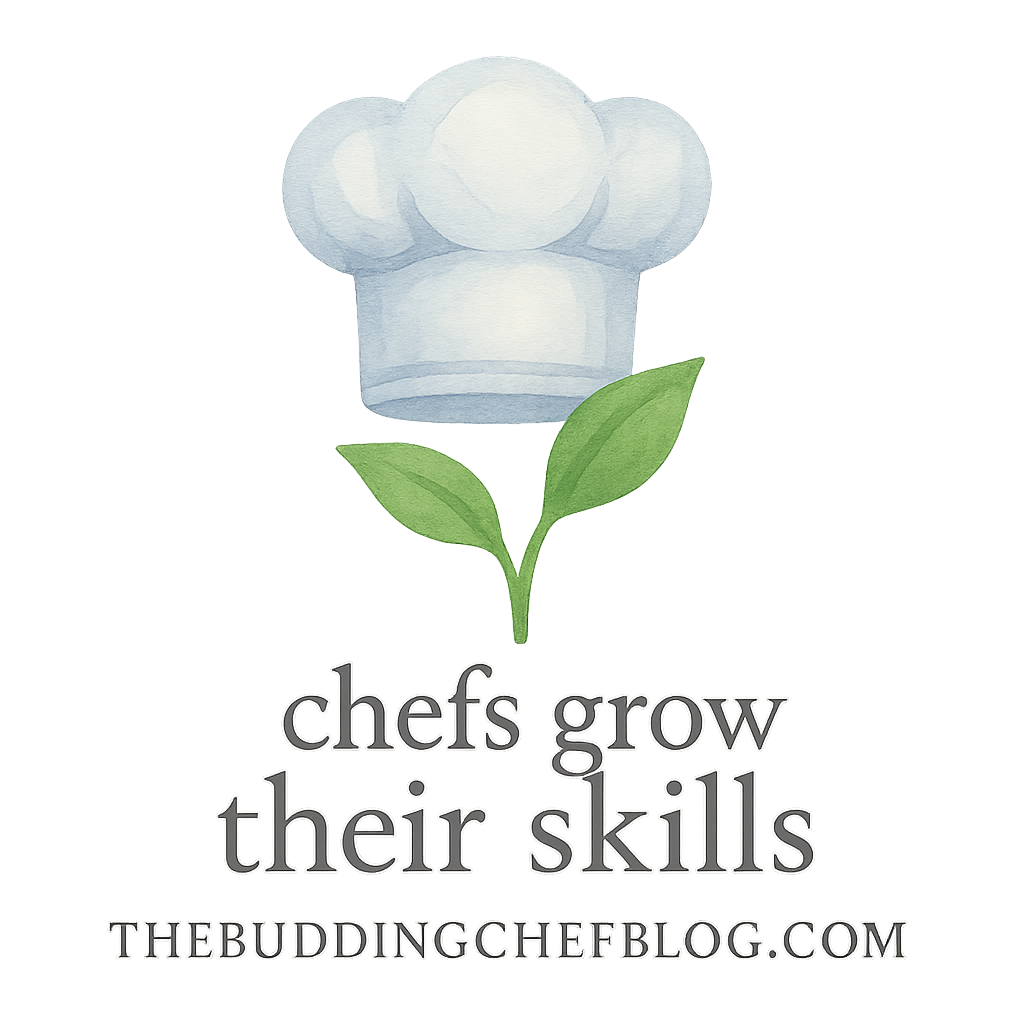Let’s be real—cooking can be intimidating when you’re just starting out. You follow a recipe, it looks easy enough, but somehow your pasta is overcooked, the chicken’s dry, and the sauce tastes like… sadness.
We’ve all been there.
In this guide, we’ll walk through 8 common cooking mistakes beginner chefs make and how to fix them—so your next dish is as delicious as you imagined. Trust me, with a few tweaks and the right know-how, you’ll go from microwave meals to gourmet greatness.
Oh, and by the way—if you’re serious about upping your game, don’t forget to explore resources like ingredient knowledge, basic cooking techniques, and kitchen tools & equipment.
Let’s dig in!
1. Not Reading the Entire Recipe First
Why This Is a Big Deal
You’re excited, you start cooking… and halfway through you realize you were supposed to marinate the chicken for two hours. Oops.
Skipping the full read-through is one of the most common cooking mistakes. It throws off your timing, confuses your prep, and usually leads to frustration (and a hangry household).
How to Fix It
Simple: read the whole recipe before you even touch a knife.
- Check ingredient lists
- Note cooking times
- Highlight prep work
This small habit can transform your cooking experience. Bonus points if you turn it into a ritual with a hot cup of tea and some recipe practice!
2. Using the Wrong Kitchen Tools
Tools Matter More Than You Think
Trying to stir-fry with a soup pot? That’s like playing basketball in flip-flops. The wrong cookware slows you down and messes with the outcome.
Many beginners overlook how essential proper tools are.
How to Pick the Right Tool
Invest in a few essentials:
- A quality chef’s knife
- Non-stick and cast iron pans
- Cutting boards (plural!)
- Measuring spoons and cups
Don’t go overboard—start small, learn what works, and explore the essential kitchen tools you’ll use most often. The cookware tag also has great resources!
3. Not Prepping Ingredients in Advance (Mise en Place)
What Is Mise en Place?
French for “everything in its place,” this technique is a game-changer. It means chopping, measuring, and organizing everything before the stove’s even on.
Why It Matters for Beginners
Without it, you’re scrambling mid-cook, which can lead to:
- Burned food
- Missed ingredients
- Stress city
Prepping in advance keeps things calm and organized, especially if you’re following beginner chef advice. And if you’re on a budget, it also reduces waste!

4. Overcrowding the Pan
The Hidden Consequences
You throw everything in at once to save time—but instead of browning, your food steams. The result? Mushy veggies and pale meat. Yikes.
How to Space It Out
Here’s how to fix this common cooking mistake:
- Cook in batches
- Leave room between items
- Use larger pans or sheet trays
Want to learn more about heat dynamics and spacing? Check out the basic cooking techniques guide.
5. Not Tasting As You Cook
Trust Your Taste Buds
Recipes are great, but everyone’s palate is different. If you don’t taste as you go, you could end up with bland soup or overly spicy curry.
Simple Fixes for Better Flavors
Make it a habit to:
- Taste before and after seasoning
- Adjust flavors in stages
- Clean your spoon between tastes (trust me on this)
This tip alone can elevate your dishes from meh to wow. Also check out ingredient tips for flavor pairing!
6. Cooking at the Wrong Temperature
Low and Slow vs. High Heat
Ever burned garlic within seconds? Or waited forever for onions to brown?
Temperature matters—a lot.
Learning Temperature Control
Use the right heat for the right job:
- Low heat: sauces, soups, simmering
- Medium heat: sautéing, eggs
- High heat: searing meat, stir-frying
Read your stove, not just your recipe. The more you practice, the more you’ll feel it intuitively. Explore more on the cooking skills tag!
7. Over-seasoning or Under-seasoning
Seasoning Like a Pro
You can go from flavorless to fire in seconds if you’re not careful with salt, herbs, and spices. This is where most beginner chefs struggle.
Use This Rule of Thumb
- Start with less
- Taste often
- Build flavors gradually
Oh, and always season throughout cooking—not just at the end. For more tips on getting it right, explore the tips and mistakes categories.
8. Ignoring Recipe Practice and Experimentation
Practice Makes Palate Perfect
Here’s the thing: no one becomes a chef overnight. Cooking, like any skill, needs practice—and it’s okay to mess up.
How to Get Comfortable in the Kitchen
- Cook something new weekly
- Try variations on the same recipe
- Track what works and what doesn’t
The professional growth section of the blog is full of tips for growth, improvement, and confidence building.
Don’t forget to check the practice tag—it’s a goldmine for self-taught chefs and pros alike!
Conclusion
Cooking isn’t about perfection—it’s about progress. The more you learn, the more confident you become. From seasoning to tools to temperature, fixing these common cooking mistakes will not only improve your meals but also make cooking way more fun.
Explore more on The Budding Chef Blog to build habits, sharpen your skills, and take pride in every dish you make—mistakes and all.
FAQs
1. Why does overcrowding a pan make food soggy?
When there’s no space between items, steam gets trapped. Instead of searing, your food steams—leading to soggy textures.
2. How can I improve my knife skills as a beginner?
Start with the basics! Practice chopping onions and garlic. Consider reading the basic techniques section for guidance.
3. What’s the easiest way to learn about seasoning?
Taste your food as you cook and experiment. Use the ingredient knowledge guide to understand herbs and spices.
4. Is it better to follow recipes or experiment?
Start by following recipes. Once you’re comfortable, try small tweaks. Learning comes from a mix of both!
5. What kitchen tools should every beginner have?
A chef’s knife, cutting board, saucepan, skillet, and measuring tools. Visit kitchen tools & equipment for a complete list.
6. How do I avoid overcooking meat?
Use a meat thermometer and monitor cook time closely. Searing first then finishing in the oven helps too.
7. Where can I find budget-friendly cooking tips?
Check out the affordable and budget tags for great ideas that save cash and taste amazing.


